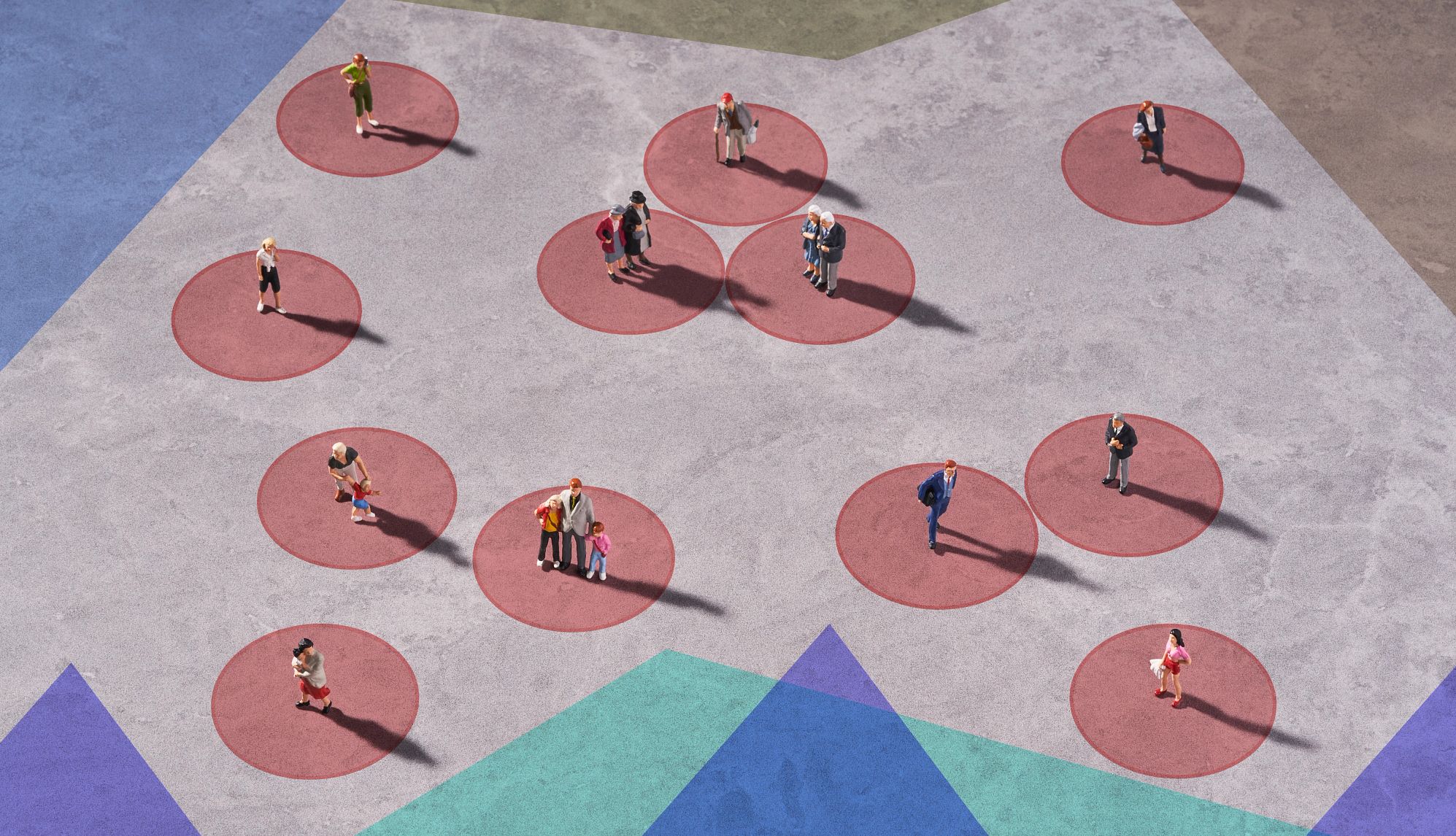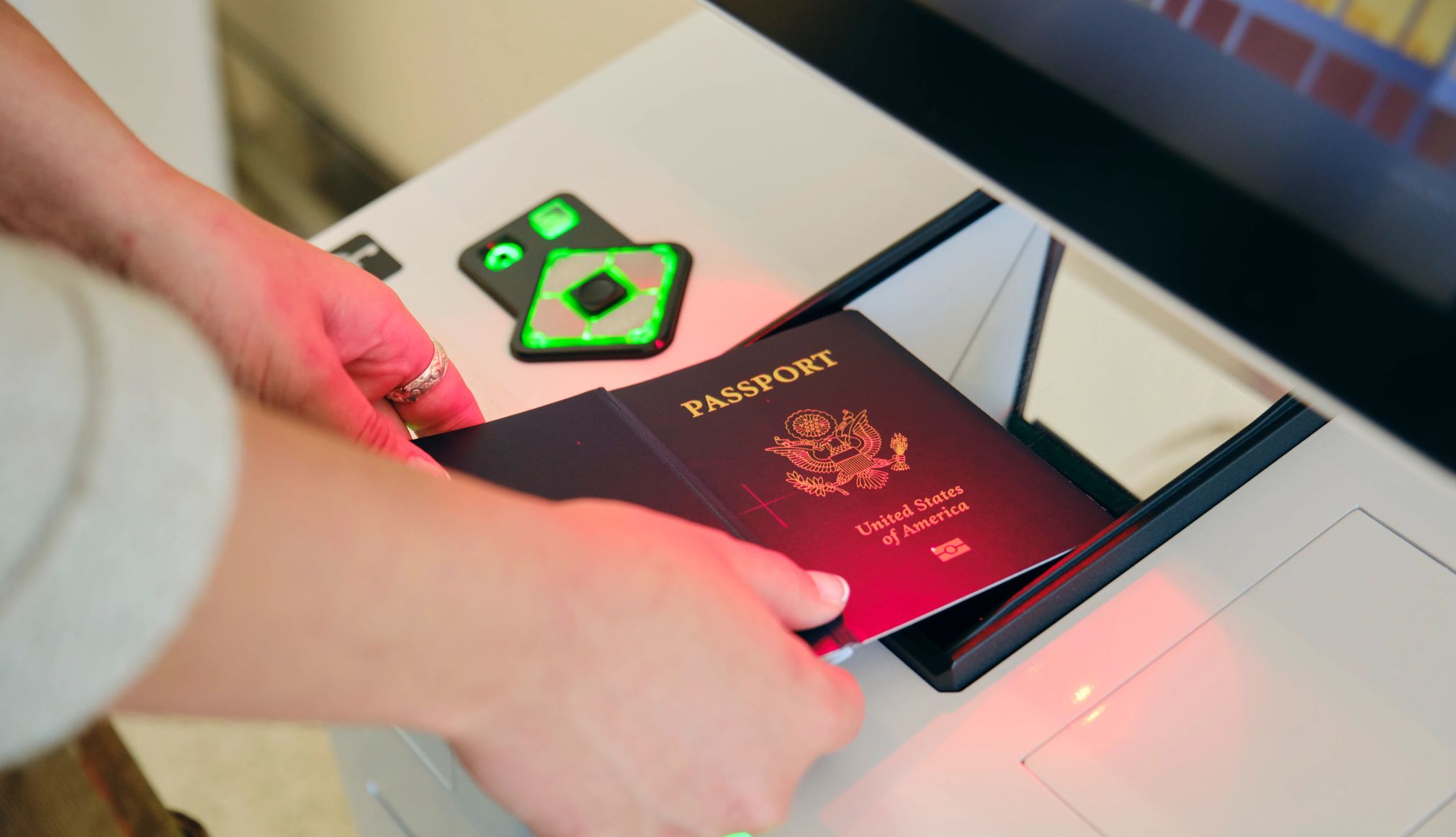AARP Hearing Center


Noah Lyles’ name will likely go down in history as the American bronze medal winner of the 200-meter run at the Olympics — who competed with COVID-19. Impressive, absolutely. Controversial, definitely.
Though he says he quarantined as soon as he tested positive, he was around trainers and other athletes when he ran. And fans of all ages filled the stands.


LIMITED TIME OFFER: Labor Day Sale!
Join AARP for just $9 per year with a 5-year membership and get a FREE Gift!
His decision made headlines: “Should Noah Lyles and Other Olympic Athletes Be Competing With COVID?” wrote Fortune, and “If Noah Lyles Had COVID, Why Was He Allowed to Compete in Paris?” asked The Hill.
But why the backlash? Lyles didn’t break any rules. The U.S. Olympic and Paralympic Committee said in a statement that it followed all guidelines from the U.S. Centers for Disease Control and Prevention (CDC) as well as local authorities and left it up to the individual athletes as to whether they were OK to compete.
All about coronavirus
- COVID’s summer wave
- Summer cold or COVID?
- Isolation guidelines change
- Members only: COVID 4 times
- Eligible for a booster shot?
- Medicare coverage details
The question seemed to be more along the lines of whether what Lyles did is socially acceptable considering he might have infected others. Is that … unkind? Dangerous to those especially at risk — older adults and the immunocompromised? What do we call it? And to be clear, he wasn’t the only athlete there with COVID, according to the World Health Organization; 40 others tested positive in the last two weeks.
So how does the current culture around COVID match up with best practices? Should an Olympic athlete be expected to throw away four years of training and forgo the competition? The equivalent for us non-Olympic athletes is, say, missing your child’s wedding or a once-in-a-lifetime chance to meet your favorite rock star.
During the height of the pandemic, the answer from experts would have been a resounding yes. But what about now?





























































More From AARP
What It’s Like to Catch COVID Over and Over
He’s had four bouts so far, and he says it has changed himHave COVID-19? Here’s How Long You Need to Isolate
CDC updates guidelines for people with a coronavirus infectionAre COVID Treatments Still Free?
Here’s what to expect now that the medications are commercially availableRecommended for You